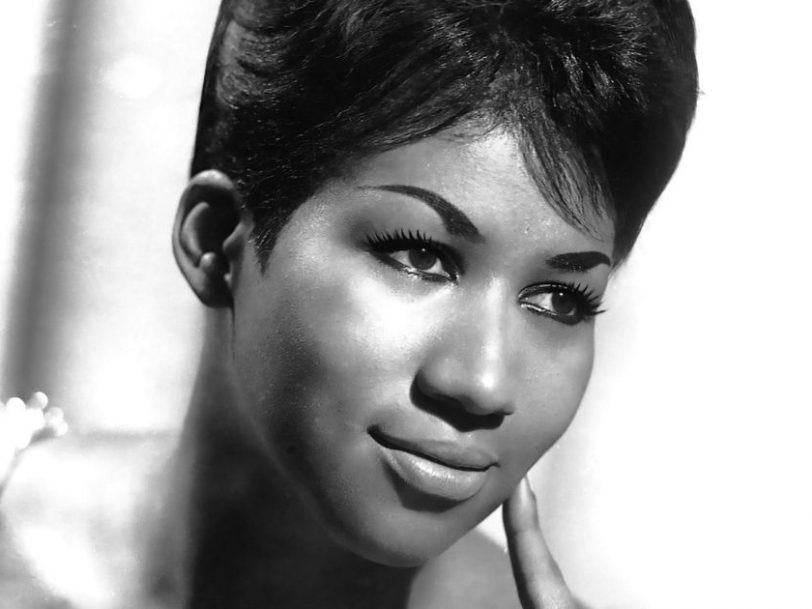No agony as exquisite, no horror so seductive. On the first song Aretha Franklin recorded for her new label, Atlantic Records, she brought home the pain and pleasure of loving somebody so hard that you sacrifice your sense, your humanity, your judgement. Released as a single on 10 February 1967, I Never Loved A Man (The Way I Love You) compressed Franklin’s tumultuous history with men, sex, faith and music into two minutes and 47 seconds of pure soul genius.
Listen to the best of Aretha Franklin here.
“Aretha was on top of her game. She’s a genius that way”
Franklin’s ability to portray a complex emotional chessboard in one roar is unique in popular music – but, at the time of recording I Never Loved A Man, that quality hadn’t yet become her signature. In fact, it hadn’t even really begun until she signed to Atlantic late in 1966. Aretha had been with Columbia Records for the previous six years and, though her early albums had contained flashes of brilliance, she had been underused, undersold and underappreciated.
The core problem in those Columbia years wasn’t her voice; Aretha could sing the corniest or wispiest of tunes and make it flesh and blood. The problem was more that singing wasn’t the only thing she could do. She was a skilled pianist and arranger, with strong opinions, and knew that using those talents was as important as her voice. Since Columbia had treated her mainly as a vocalist rather than as an artist, it wasn’t a hard decision for Franklin to sign with Atlantic when her Columbia contract ran out. “I felt a natural affinity with the Atlantic sound,” she said. “To me, Atlantic meant soul.”
Celebrating his new signing, Atlantic producer Jerry Wexler didn’t want to waste time. I Never Loved A Man (The Way I Love You) was written by Ronnie Shannon especially for Franklin, and the singer had already spent some time working on it. The song would be recorded on 24 January 1967, at FAME at Muscle Shoals, Alabama, owned by Rick Hall. Memphis-born Aretha was heading back to the South.




